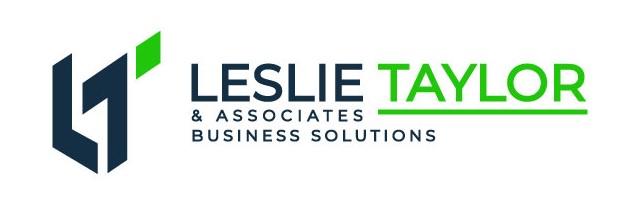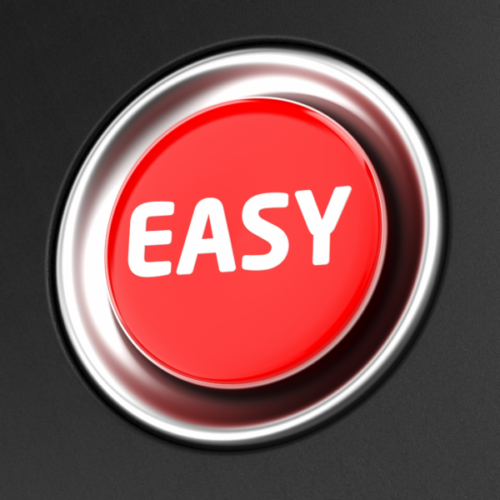Imagine if tax season was a smooth and easy process you finished early and barely had to think about each year at tax time.
What if you already had a plan in place (before Dec 31) to pay the minimum in taxes (legally) and you were on track to achieve that plan?
What if you knew your records were so clean that the IRS agents would be high fiving and smiling because you had your stuff together (okay, that is probably not a thing, but you get the picture—let’s just say your chances of getting extra scrutiny from the IRS are minimized).
This does not have to remain in your imagination. It is all very possible and within reach for you.
As I am writing this blog, it’s tax season again. The anxiety is rising among many small business owners because they fear
- How much they will pay, or
- Whether they will pay too much or not enough, or
- Whether they did things incorrectly (thus inviting unwanted attention from the IRS), or
- The process of trying to find all the documents and trying to remember those other items they purchased on their personal credit card (you are not alone).
Owning a small business can give us entrepreneurs great freedom to be our own bosses, make the big decisions, not have to answer to anyone else, and decide our own destiny. But every year around March and April, we have to answer to a higher power, the IRS.
If you own a business, you may think that it’s completely normal to be in a state of stress and panic trying to pull everything together in time for tax season.
It doesn’t have to be that way. I am going to break down how you can make this time of year much easier and less stressful from now on.
No matter what time of year you may be reading this blog, you can start these practices at any time to position your business (and your sanity) for a smooth tax season.
Establish a Trail
The IRS requires supporting documentation for all business expenses. What that means is you need documents to show what was purchased, when and by whom. To answer a question I receive often—no, a bank statement does not count as supporting documentation. If you want to get and keep all your deductions, you have to start with keeping all of your receipts and invoices.
How do you keep all those paper and digital records without being overwhelmed?
This part doesn’t have to be hard. For your paper receipts, there are a few options. First, if you love paper, you can keep these receipts in an expandable file folder by month. But, if you are done with paper, use an app like Hubdoc or the ones within Quicken and Xero to capture them digitally from your phone. For digital receipts and invoices, set up automatic forwarding within your email system to these same apps. It’s that easy.
Know What’s Deductible
The more you understand what is potentially deductible, the better you can help your tax pro help you lower your tax bill. This one I cover in more depth in my blog, You Can’t Take a Deduction if You Don’t Know What to Deduct. I break down specific areas that entrepreneurs should be aware of as far as deductions go. As well, the IRS details business expense deductions here.
Use software
I recommend simple businesses start with an Excel spreadsheet to keep track of expenses before officially starting their business and in the initial stages of starting up. I recommend all businesses use financial software such as Xero and QuickBooks as soon as possible. For more complex business (multiple employees, inventory, expensive equipment, loans, etc.), I recommend starting on day one. Why? Because the chances for error are greater for these businesses and software will help reduce errors. Errors not only you can’t track how your business is performing or whether it is healthy, but they also keep your tax pro from being able to accurately do your taxes. Software will also make the process smoother and easier by automating and streamlining many mundane processes. All of this saves you time and money down the road.
Keep up with your bookkeeping
Accurate bookkeeping is not only the foundation for a profitable business, it is also the foundation for identifying ALL your possible deductions and minimizing your potential of being audited. The truth is if you approach any tax professional at the last hour with a messy set of records, they will
1.) Charge you MUCH more to fix the mess (if they don’t, you should question whether this step was skipped)
2.) Likely not find all of your deductible expenses because there isn’t enough time to find them amidst the mess.
I suggest you not let your bookkeeping get behind and make sure it is done accurately. Whether you do it yourself or not, set aside time each week for financial tasks so you don’t get behind. Also remember if you do choose to DIY this task, be sure that you learn the rules and understand the tools. That means take the time to first learn basic financial accounting, then learn the accounting software (Xero, QuickBooks). To not do both of these steps will result in errors which will cost you money.
Meet with your tax pro more than just at tax time.
It is impossible to strategize backward. For this reason, it is good to check in with your tax pro more than just at tax time to ensure you develop a plan and are staying on the plan. If not, regular communication will allow you to make adjustments that work in your favor.
If you would like to experience your easiest tax season ever I can help. While we don’t do taxes, we work with our clients to make the process leading up to tax filing smooth, non-stressful, and easy. We will even connect you with one of our highly experienced tax professional partners. Let’s schedule a Discovery Session.
Want to learn more profitable strategies for your business? Check out my FREE guide 5 Things You Must Do If you Want To Increase Your Profits.

